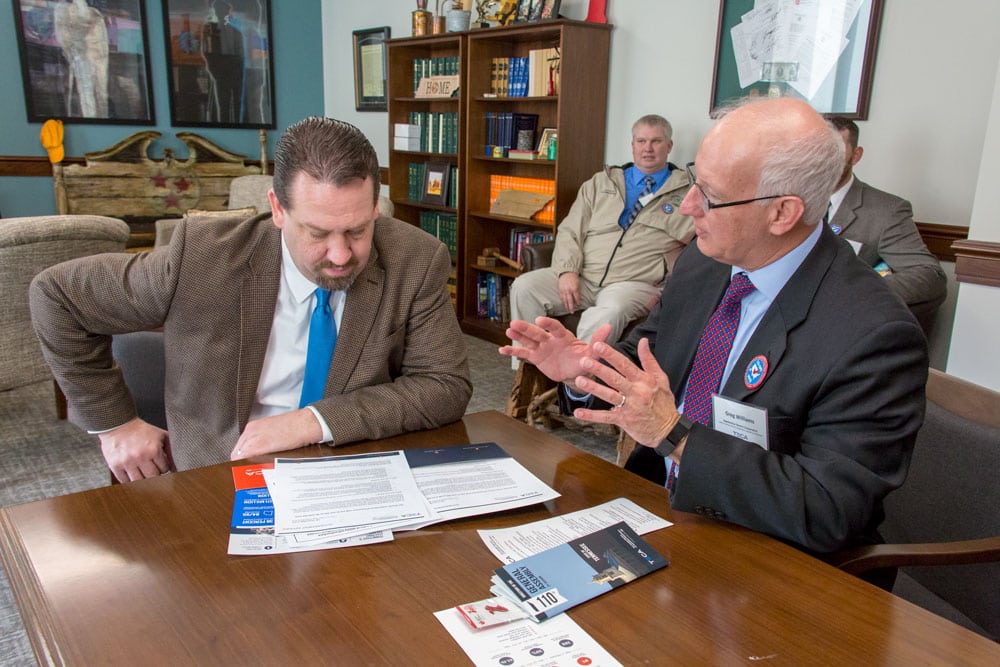I recently attended an industry meeting where we reviewed and discussed regulatory issues facing electric utilities. The topics covered were as diverse as they were numerous. Just to name a few: changes in the Migratory Bird Act enforcement, site selection and fees for electric vehicle charging stations, new generation sources (such as solar panels) and their integration into the power grid, an updated Clean Power Plan and several other equally challenging issues. Sounds exciting, right?
While the list might seem boring to someone not in the electric utility industry, each topic we discussed presents challenges — often with significant costs — to operating and maintaining the electric grid on which you depend each day. The topics are more than enough to hold electric cooperative officials’ attention during all-day meetings and sometimes keep them up at night, worrying.
Beginning in the early part of last century, the most challenging part of running an electric utility was where to build power lines and substations. Lines were strung across the countryside, electrifying homes across the nation. Today, we continue to build and maintain those lines, a critical part of our operations. And we regularly honor the men and women who keep those lines maintained. In fact, April 9 is designated as Lineman Appreciation Day this year.
Technological advancements over the past few decades have forever changed the way electric utilities operate their grid. Engineers have equipment and devices that provide instantaneous information about the status of their electric systems. Today, you consider controlling your thermostat from your phone as something commonplace. Not too long ago, that was unthinkable. Solar panels are becoming more numerous — on roofs and in large fields across the country. And, if Elon Musk is successful, Tesla Powerwalls could someday electrify your home and provide excess power to your local utility.
Those technological improvements present challenges for your local cooperative. It’s not about losing revenue. We’re one of the few industries that really want you to use less of our product — that’s why we invest in energy-efficiency improvements. While we want our co-op members to be able to use electricity wisely, those lines and substations have to be maintained. There is a cost for maintaining a safe, reliable electric grid. And everyone helps pay the cost of maintaining that grid — unless you’re completely “off the grid” and generate 100 percent of the power you use.
No special day is set aside for electric utility employees who deal with regulatory issues. Their work is largely done in committee meetings or courtrooms, spending long hours researching regulations, power use data and trends. It’s not as dangerous as working on high-voltage lines, but in terms of keeping the lights on, it’s a critical part of what we do every day.



